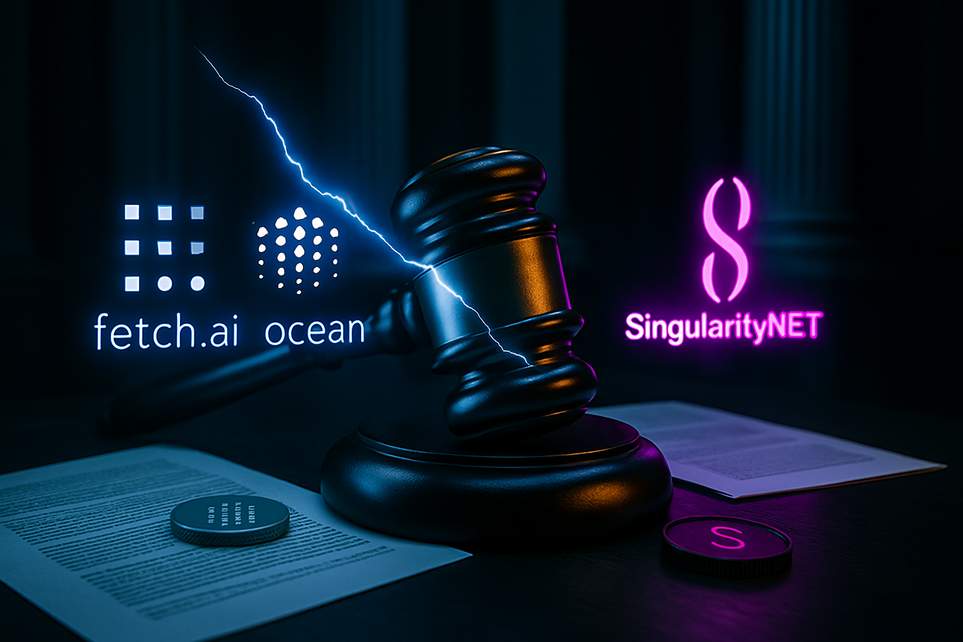Fetch Sues Ocean: The 263M FET Drama and the ‘Community’ Token Mess
Big drama in the decentralized AI club: Fetch has taken Ocean to court, alleging that a stash of community tokens was quietly repurposed, converted into FET, and dumped on the market — squeezing prices and tearing at the promises of DAO-style governance.
What went down
What started as a triumphant plan to merge several AI-focused projects into a shared ecosystem has turned into a public spat and now a lawsuit. Fetch and three token holders filed a class action in the Southern District of New York (case no. 1:25-cv-9210), accusing Ocean Protocol and related entities and founders of misleading the community about how so-called “community” tokens would be managed.
The heart of the complaint is a pool of around 700 million OCEAN tokens that plaintiffs say were promised for autonomous, smart-contract-driven rewards under OceanDAO. Instead, the suit says those tokens were moved out of community control, shifted into a Cayman Islands vehicle called Ocean Expeditions, converted into FET starting in early July 2025, and then a large chunk of the resulting FET — roughly 263 million tokens — was sold into the market. Plaintiffs claim that sequence depressed FET’s price and undermined expectations about how community incentives would be funded.
The defendants named include Ocean Protocol Foundation Ltd., Ocean Expeditions Ltd., OceanDAO, and Ocean co-founders, while Fetch and the token holders seek class certification, damages, and equitable remedies such as rescission and disgorgement. The legal theory mixes fraud, civil conspiracy, consumer-protection-style claims under New York law, breach of contract and other equitable claims alleging that public promises about decentralization were not honored in practice.
Why it matters — and what to watch next
This case is more than a market squabble: it hits at the recurring puzzle of modern crypto projects — are DAOs really decentralized, or are a few humans still calling the shots? If the court finds that community tokens were controlled and spent without meaningful community approval, that could reshape how projects describe their governance and how courts treat foundation-led multisig setups.
From a market angle, plaintiffs say the conversion-and-sale created a sizable supply overhang — selling amounts they claim equaled more than 10% of FET’s circulating supply at the time — which would naturally put downward pressure on price and damage incentives for contributors relying on those community rewards.
On the procedural front, expect the usual early moves: defendants’ appearance, potential motions to dismiss attacking the contract and consumer-protection claims, and any requests for preliminary relief that might try to freeze or reclaim disputed token balances. The parties could also pursue out-of-court fixes — signer disclosures, escrow arrangements, or returns — which would change the live controversy faster than litigation can.
Responses so far run from a blunt denial and promises of a vigorous defense to muted surprise from alliance partners. Either way, the suit throws a legal and reputational spotlight on DAO accountability, and the discovery process in an SDNY case has the power to reveal how these on-chain promises were executed in the real world.
Bottom line: this is a test case for how much faith the public can place in “community” allocations and for whether token-holder expectations about decentralized governance will hold up against real-world treasury moves. Pop some popcorn — governance drama never looked so on-chain.

